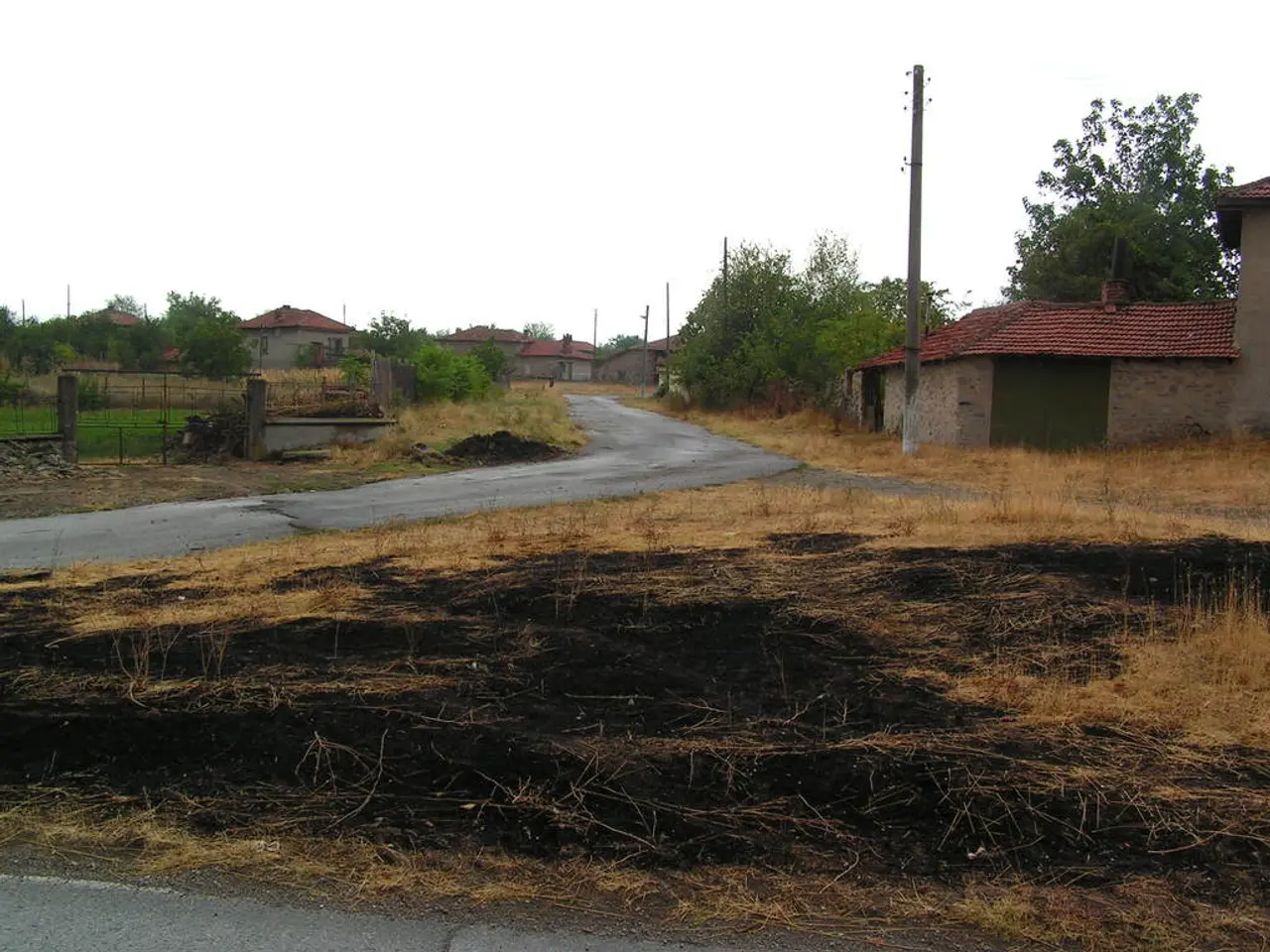Forging Ahead: Collaborating Towards an Eco-friendly Tomorrow
=================================================================================
Community events that focus on sustainability can not only build connections among neighbours but also foster a sense of camaraderie and commitment to the planet. These events, ranging from local markets to music festivals and art exhibits, showcase traditional crafts made from eco-friendly materials, highlight recycled materials, and provide a platform for discussions about changes to embrace sustainability.
One speaker, reflecting on their experiences, shared a fond memory of a high school science teacher who made ecological lessons engaging and hands-on, igniting a passion for environmental stewardship. This speaker often engages in conversations about sustainability, advocating for actions such as cutting down on waste or opting for locally produced goods.
The importance of empowering every stakeholder—businesses, local neighborhoods, schools, and artisans—in sustainability is emphasized. Local business owners, for instance, can contribute to sustainability through sustainable business practices, creating jobs and reducing unemployment within the community. Farmer's markets, for example, often embrace eco-friendly practices, setting up recycling stations, and showcasing seasonal produce.
Local artisans, schools, and neighbourhoods are prime examples of stakeholders taking action for sustainability. They craft eco-friendly products, initiate recycling programs, and organise clean-up days. Education is identified as a powerful tool for shifting mindsets and fostering sustainable practices. Exploring different perspectives on sustainability is important for achieving a comprehensive understanding of the subject.
When communities actively participate in sustainability initiatives, they become more resilient, inclusive, and impactful. Shared ownership and longevity are key benefits of local involvement. Community members taking responsibility for sustainability programs ensure their continuity and meaningful impact beyond external funding or transient support. This shared ownership builds collective pride and commitment.
Local involvement also brings unique knowledge about social, cultural, and environmental contexts that outsiders may overlook. This helps tailor sustainability efforts to real needs, making solutions more appropriate and accepted by the community. Active participation strengthens relationships and social trust, promoting coordination for addressing common challenges and building resilience and mutual support.
Improved environmental and public health outcomes are another benefit of community collaboration in sustainability. Engaging local people in sustainable actions such as pollution reduction and eco-friendly initiatives improves the health of local residents and the surrounding environment.
A positive feedback loop for sustainability goals is also created through community involvement. Studies show that engagement at the local level enhances tourism experiences, cultural preservation, and ecological consciousness, reinforcing broader sustainability outcomes.
Recently, local business owners gathered at a town hall meeting to share their sustainable practices with passion, envisioning a vibrant community that treasures its future. Their shared ownership and commitment to sustainability initiatives are crucial steps towards a thriving, sustainable future. The future of sustainability involves allowing imagination to collide with action, ensuring that every success, regardless of its size, is a step towards a sustainable future for all.
- Sustainability events not only fosters connections among neighbors, but they also offer opportunities for photography, capturing the beauty of eco-friendly crafts, recycled materials, and the collective spirit of the community.
- Advocates of sustainability often find inspiration in their personal growth journey, like a speaker who was once ignited by an engaging science teacher in high school, leading to a lifelong passion for environmental-science and a dedication to sustainable living.
- Fashion, media, and lifestyle industries can play a significant role in promoting sustainability as they can influence trends and consumer choices towards more sustainable practices, such as reusing materials and embracing the home-and-garden movement.
- Education and self-development are essential for fostering sustainable practices, and education can shift mindsets from individual to community-focused actions, emphasizing the importance of sustainable business practices, recycling, and minimizing waste.
- Local events can become platforms for discussing and implementing sustainable changes, such as promoting sustainable clothing and textiles, reducing carbon emissions in the entertainment industry, or showcasing innovative home-and-garden solutions for sustainable living.
- By actively participating in sustainability initiatives, communities can contribute to their environmental science and help address climate-change, improving the overall quality of life and creating a healthier planet for future generations.
- Collaboration on sustainability projects can lead to positive outcomes in many areas, including improved public health, reduced pollution, and greater social cohesion, fostering a sense of community pride, and ensuring that sustainability is not just a temporary trend, but a long-term lifestyle choice for all.




